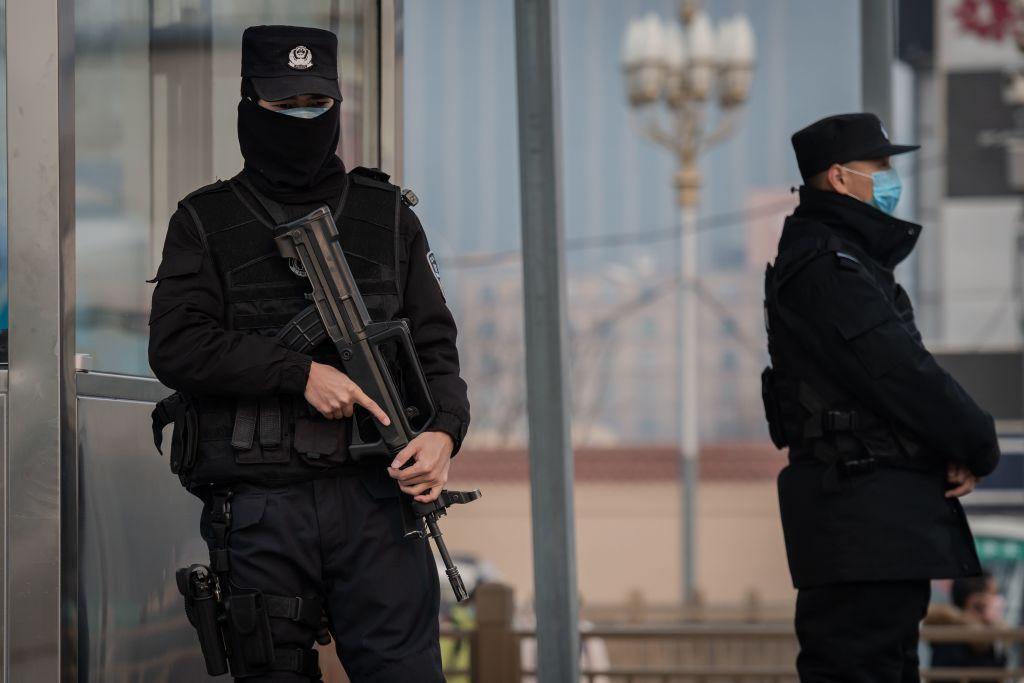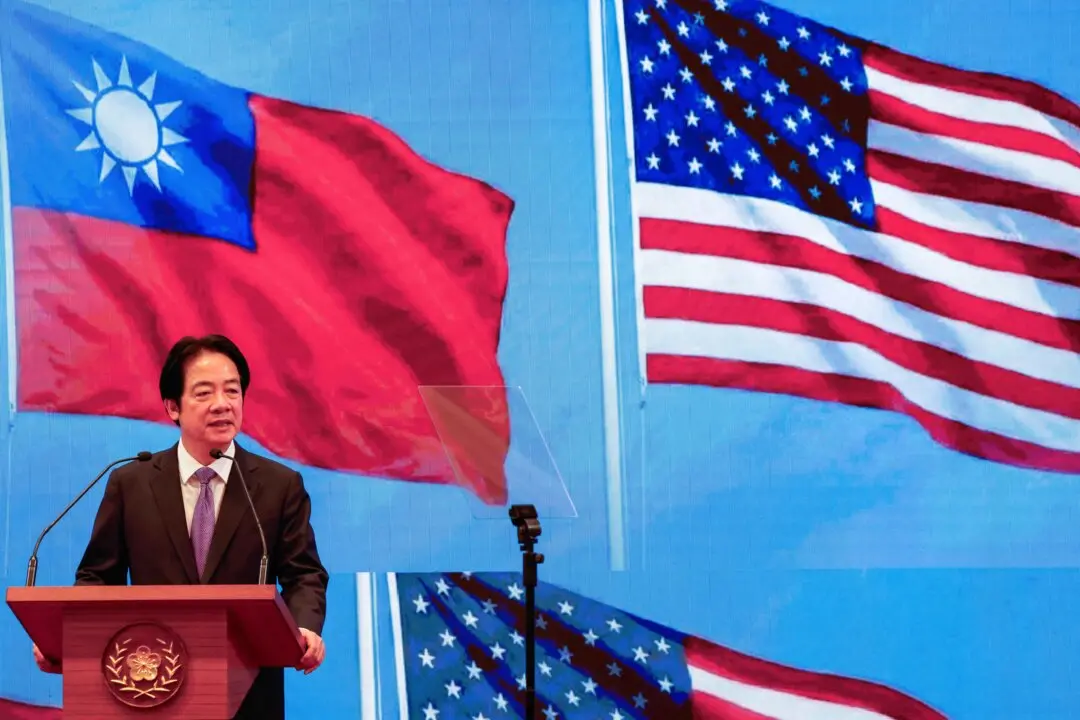The U.S. State Department called on governments to abolish laws and practices that limit press freedom on Nov. 2, which marks International Day to End Impunity for Crimes Against Journalists.
“In many places, journalists fulfilling this necessary role risk attacks by authoritarian regimes and criminal organizations seeking to clamp down on press freedom and freedom of expression,” State Department spokesperson Morgan Ortagus said in a statement issued on Nov. 1.




